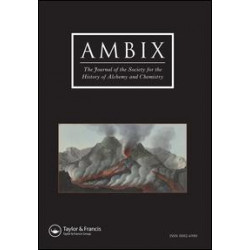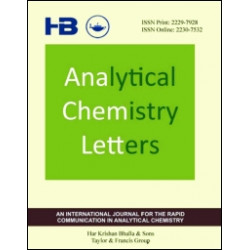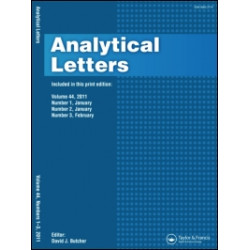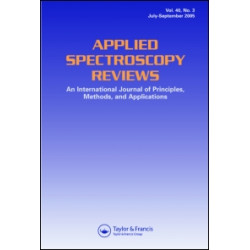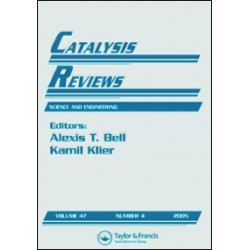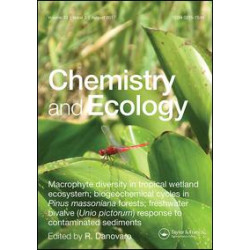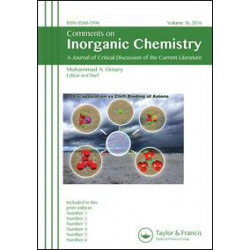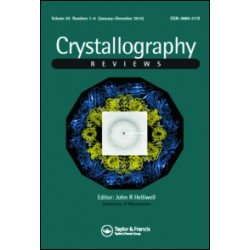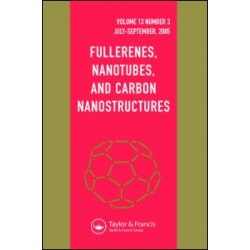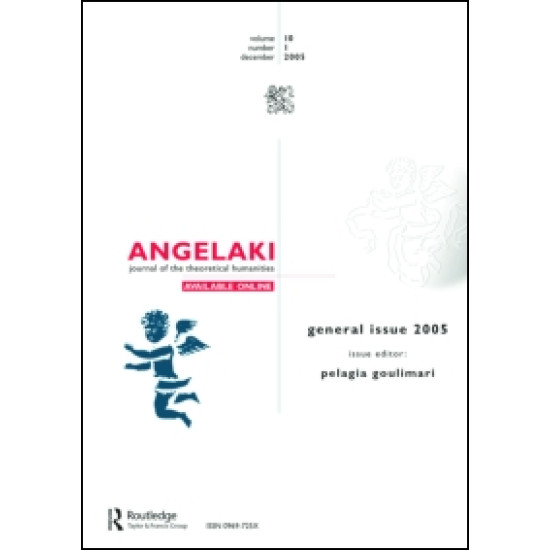
Angelaki: journal of the theoretical humanities was established in September 1993 to provide an international forum for vanguard work in the theoretical humanities. In itself a contentious category, ’theoretical humanities’ represents the productive nexus of work in the disciplinary fields of literary criticism and theory, philosophy, and cultural studies. The journal is dedicated to the refreshing of intellectual coordinates, and to the challenging and vivifying process of re-thinking.
Angelaki: journal of the theoretical humanities encourages a critical engagement with theory in terms of disciplinary development and intellectual and political usefulness, the inquiry into and articulation of culture, and the complex determination of change and its relation to history. The journal is committed to fostering the theory of minor movements, recognising their significant impact on and dynamic relation to the development of cultures, political spaces and academic disciplines, and emphasising their formative power rather than their oppositional entrenchment.
The journal promotes inquiry into questions of existential and political definition and agency, on the personal, collective and institutional levels, and encourages the work of spirited and experimental theoretical writing in all areas of value production.
Peer Review Policy:
All research articles published in General Issues of the journal have undergone peer review, based on initial editor screening and anonymized refereeing by at least two anonymous referees. Articles published in Special Issues of the journal are normally on invitation. Where a call for papers is issued for Special Issues, submissions passed for review by the Issue Editor are subject to the same review process as submissions to General Issues.







